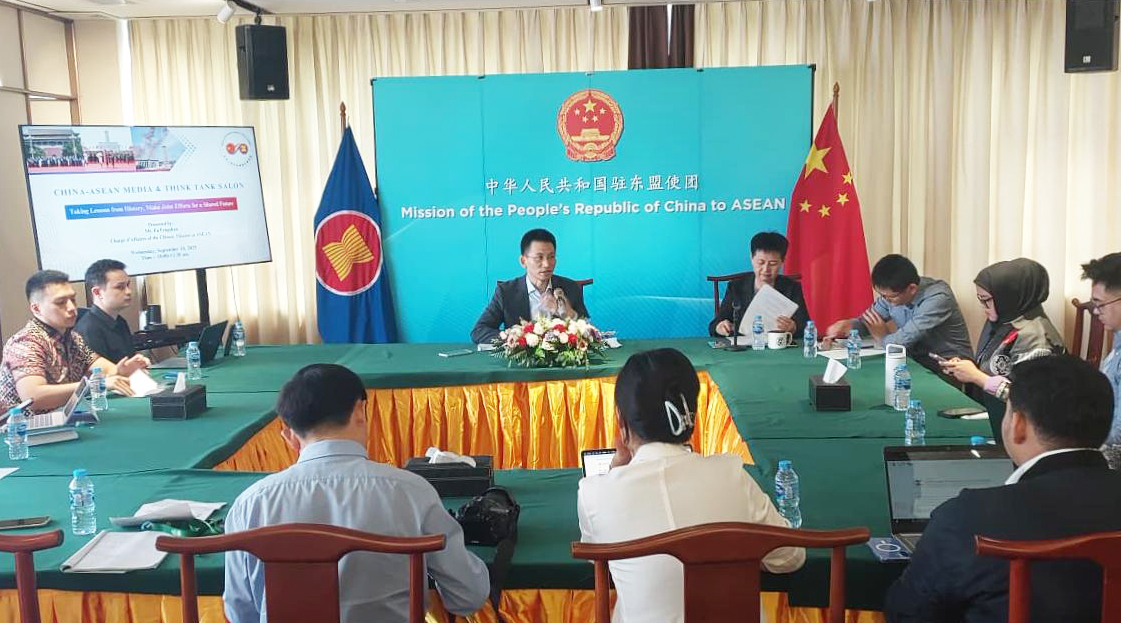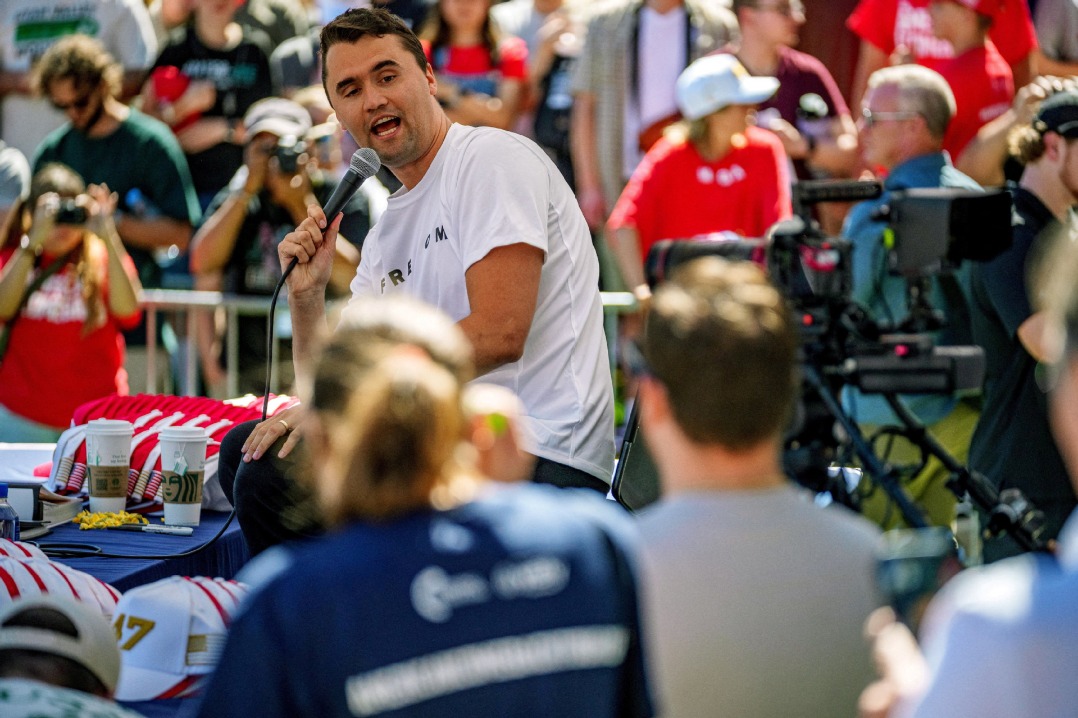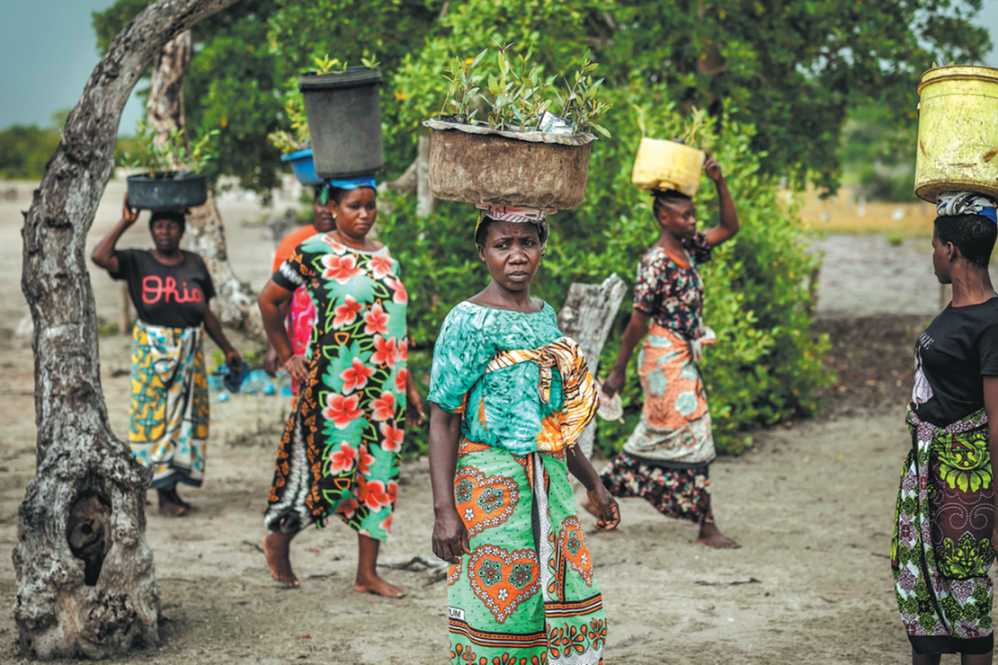China's 80th anniversary of victory teaches lesson to Asia's young generations


Younger generations in Asia should be acquainted with true history without the intentional distortion of division and conflict so that they can treasure today's peace and stability and take due responsibility, a forum in Jakarta has heard.
The history passed down from generation to generation should be true history, notably on the study of past histories of colonialism, backwardness, humiliation from aggression and bullying, participants in the China- Association of Southeast Asian Nations, or ASEAN, Media & Think Tank Salon said on Sept 10.
The gathering, held in the Indonesian capital Jakarta by the Chinese Mission to ASEAN, focused mainly on commemorating the 80th anniversary of the victory of the Chinese People's War of Resistance Against Japanese Aggression and the World Anti-Fascist War.
Nations could not let history repeat itself while pointing to today's facts of unilateralism, hegemonism and bullying acts, said Fu Fengshan, charge d'affaires of the Chinese Mission to ASEAN.
"Our historic memory of being oppressed and enslaved has deepened our understanding of the value of treating each other as equals, coexisting in harmony and helping each other," he added.
China was the first country to sign the United Nations Charter, and its permanent membership of the UN Security Council "is a product of history and was forged by the Chinese people's remarkable contributions in the anti-fascist war till now," he noted.
China fought fascist forces for the longest period of 14 years and suffered the most sacrifices with more than 35 million casualties, in addition to suffering huge economic losses.
M.Habib Abiyan Dzakwan, a researcher at the department of international relations of the Center for Strategic and International Studies in Jakarta, said that China does not take it for granted that past experiences would not be repeated in the future.
He said that this was among the reasons why ASEAN countries respected China's decision to celebrate the 80th anniversary of the victory of the Chinese People's War Against Japanese Aggression and the World Anti-Fascist War.
China would only use its massive military muscle for positive causes such as humanitarian work, peacekeeping operations and cooperation on encountering transnational crime, Habib said.
Bryant Gozali, CEO of Bolong Media Indonesia, a Jakarta-based multimedia company, said that history is lived by people and shapes their identity.
Younger generations, therefore, must be aware of their history and their identity which they must take as lesson-learned.
"History teaches us the cost of division and conflict," he added. "The suffering in both China and Indonesia during World War II, and the tragedies of more recent unrest, demonstrate that violence only leaves scars that last for generations."
He noted that China commemorating the 80th anniversary of its victory was not a display of military power, but an event the younger generation in ASEAN can remember and take as a lesson to learn.
Ninis Marhaenis, manager at the International Relations and Partnership Office at the LSPR Institute of Communication & Business in Jakarta, said that in their different ways, both China and Indonesia carried deep scars from occupation.
"What kind of joint efforts can we create to pass on the lessons of the anti-fascist struggle to the younger generation, to make sure that what happened in the past will not be repeated?", she asked participants in the meeting.
The writer is a freelance journalist for China Daily.

































